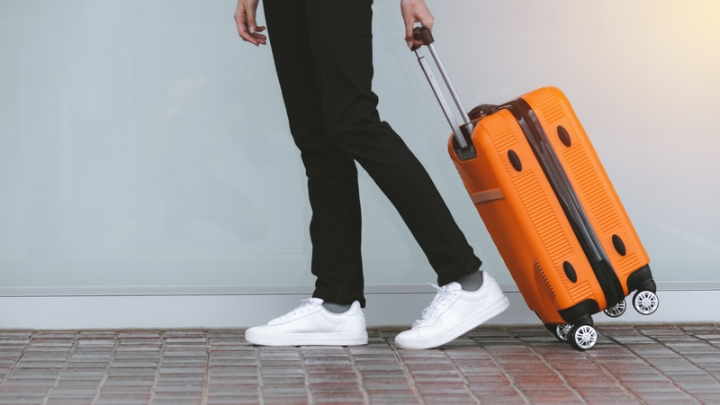(RxWiki News) Getting ready to leave town for the holidays? Don't forget to consider your health when planning your trip.
The holidays are a busy time of year for most families. But accidents and illnesses don't take a day off. That's why it's important to stay prepared for the unexpected, especially when it comes to your medications.
It is important to speak with your doctors and pharmacists about how to stay medication-ready this year.
Here are a few strategies to maintain a healthy medication routine throughout the holiday season:
- Organize a kit that contains all of your prescription and over-the-counter (OTC) medications. If you're flying to your destination, always carry your medications with you in your carry-on bags.
- Bring more medication than you expect to use, in case of any unexpected delays or extended travel. If you will be traveling for a long period of time, speak with your pharmacist about how you can get enough medication for your trip. In some cases, insurance companies may only cover a 30-day supply at a time. Your pharmacist can help you determine whether your insurance will cover a “vacation supply.”
- If you will be traveling by plane, make sure to leave your prescription medications in their original labeled prescription bottles. These should have your doctor’s name, medication name and exact dosage. If your medications or devices are not in their original containers, you will need a copy of your prescription with you or a letter from your doctor.
- You can also leave a copy of your prescription with a friend or relative back home in the case you lose your copy or need an emergency refill when you are out of town.
- Pack a preventive medicine kit. Basics include medications for diarrhea, motion sickness, allergies, pain and fever, and antibacterial cream or ointment. Furthermore, ask your doctor or pharmacist to find out if you need a particular medication or vaccines for your travel. This will depend on your destination.
- Be aware that the time of day you will take your medication may need to change if you will be in another time zone.
- Carry an up-to-date personal medication list with you. This is a list of all of your prescription and OTC medications, how you take them and why. If you're unexpectedly admitted to the hospital, this list can help the doctor understand your current treatments.
- Find out how to safely store your medications while traveling. For example, some medications require refrigeration.
Make sure your medications are closed securely and immediately and stored out of the reach of children and pets. Because heat, moisture, air and light can interfere with the effectiveness of some medications, store your medications in a cool, dry place.








